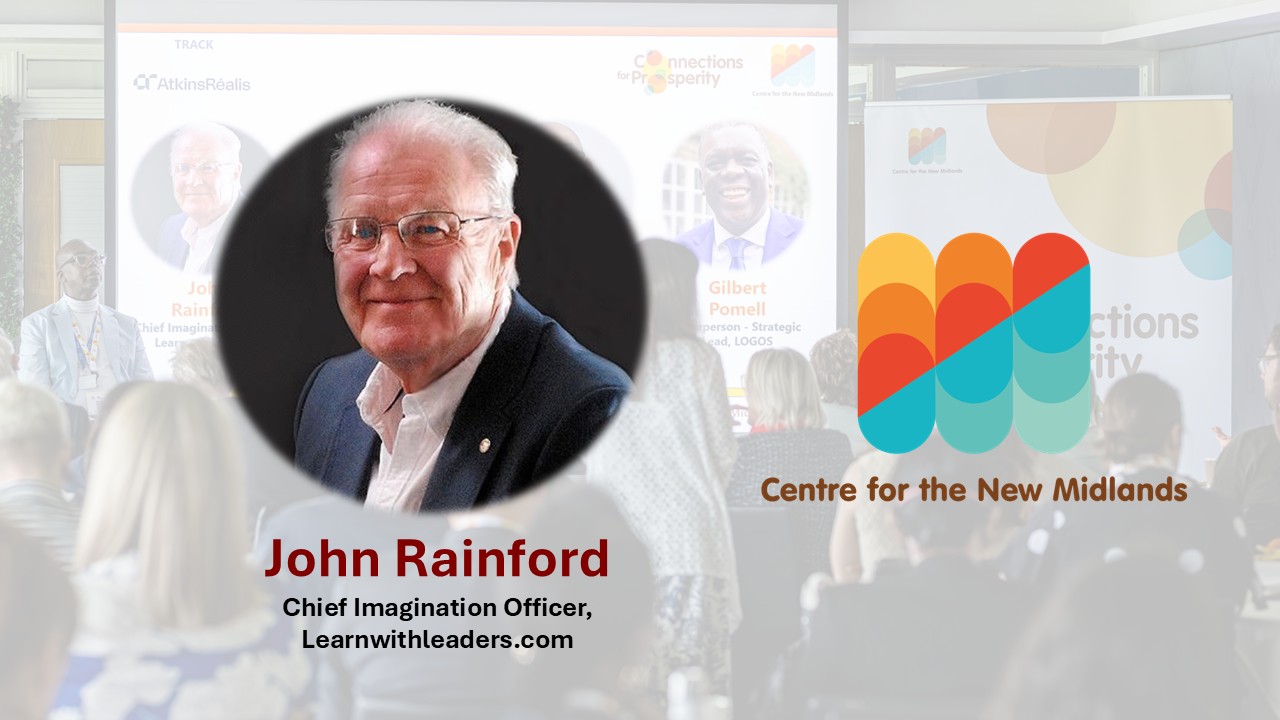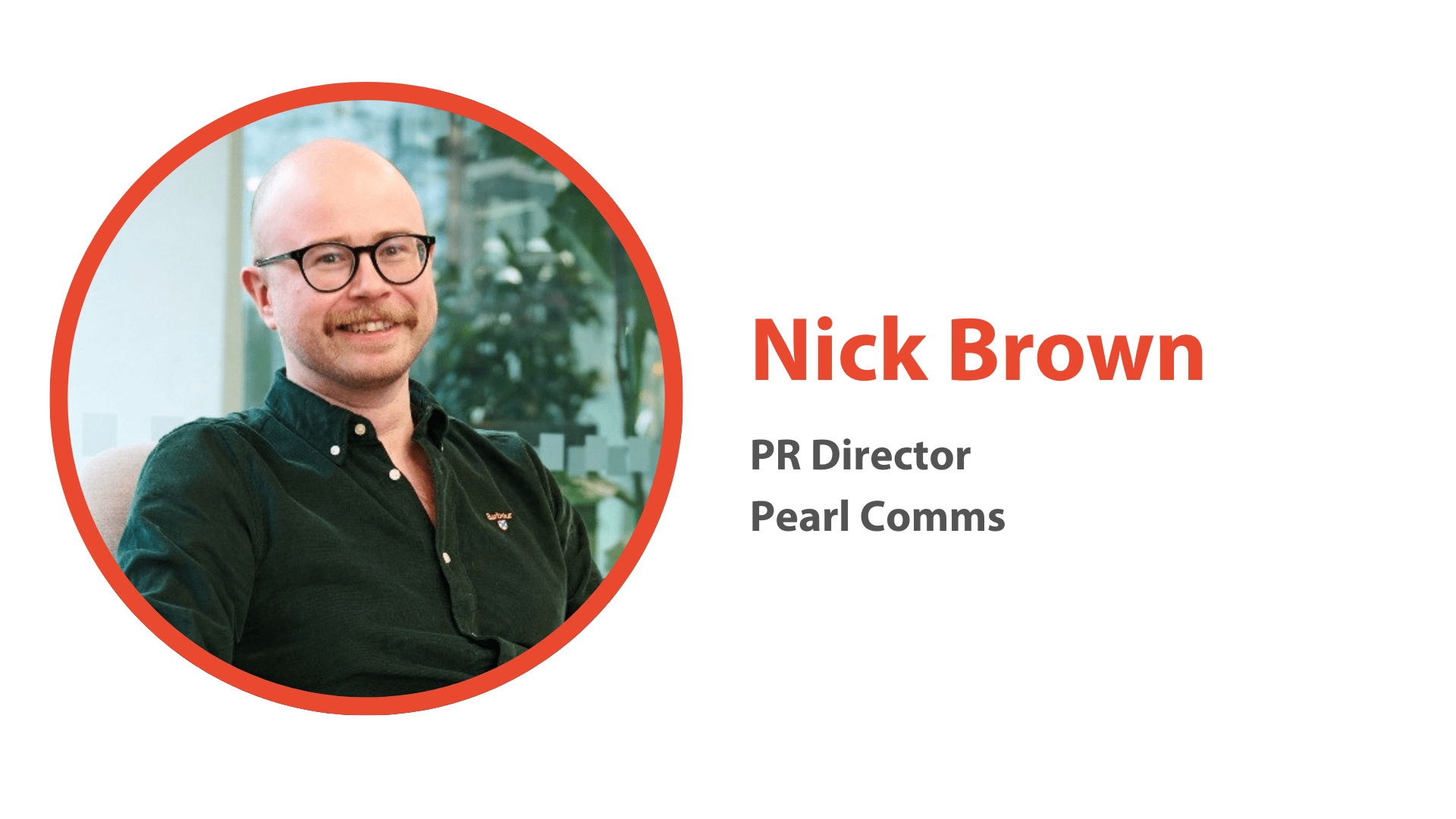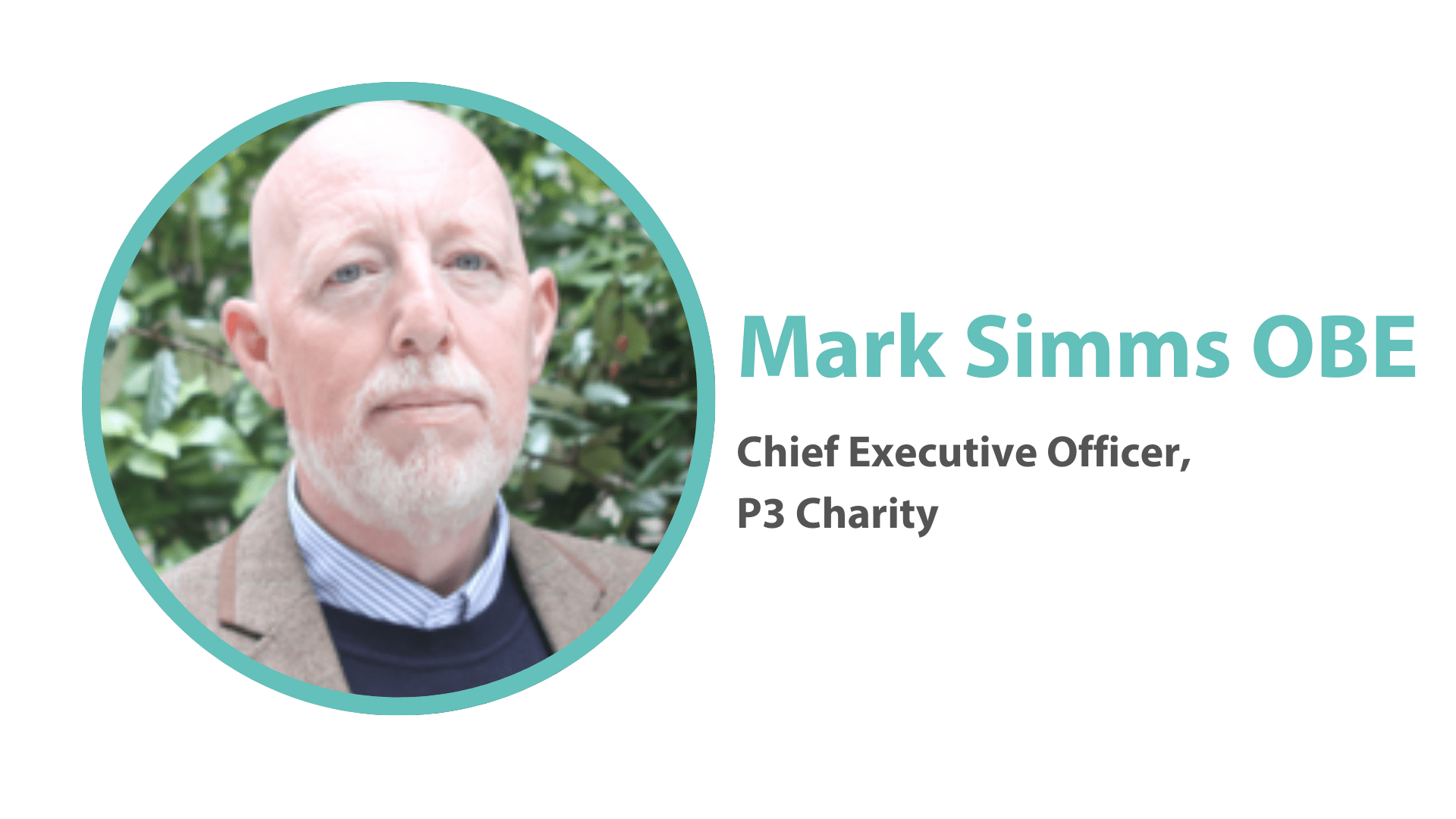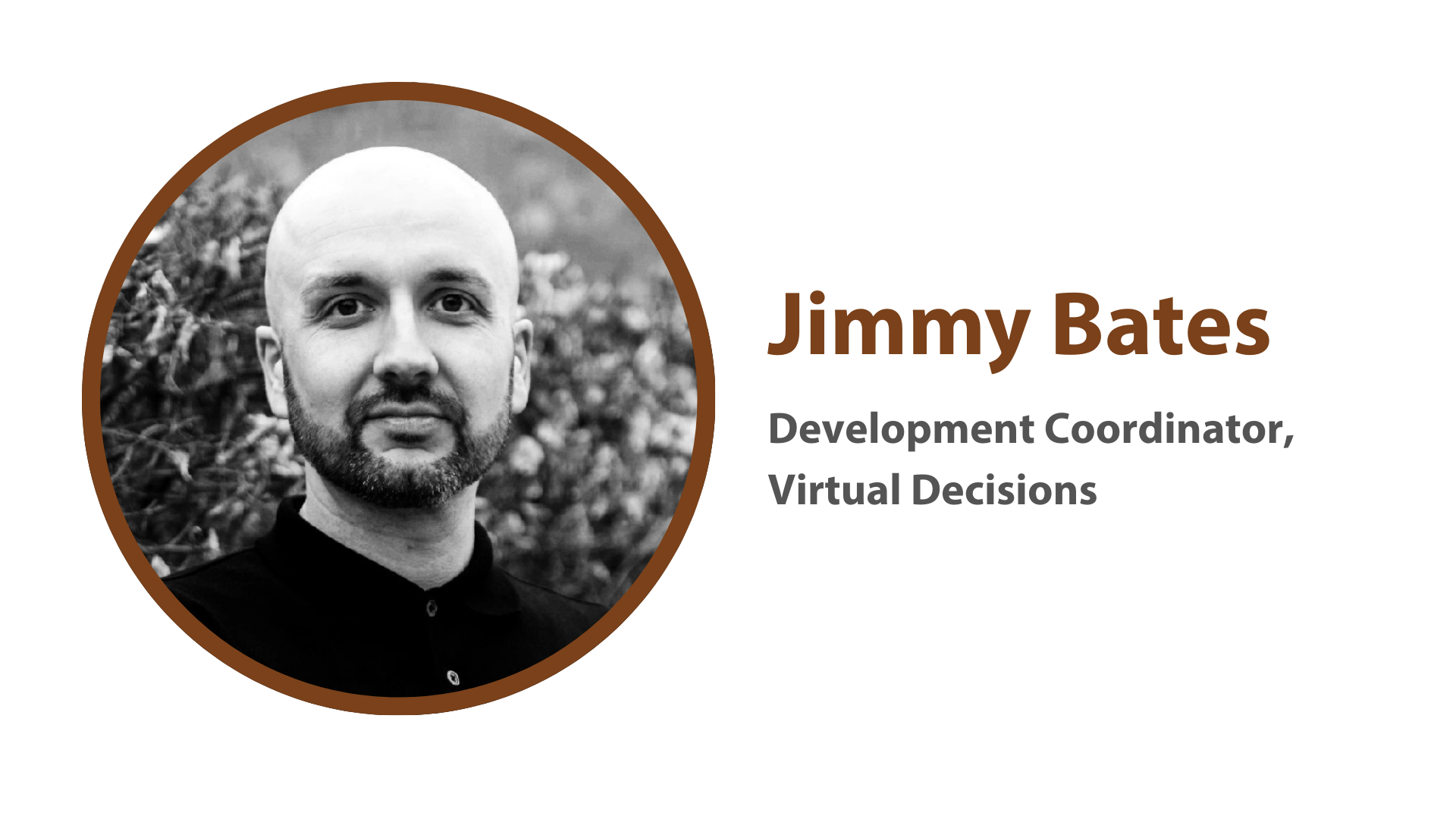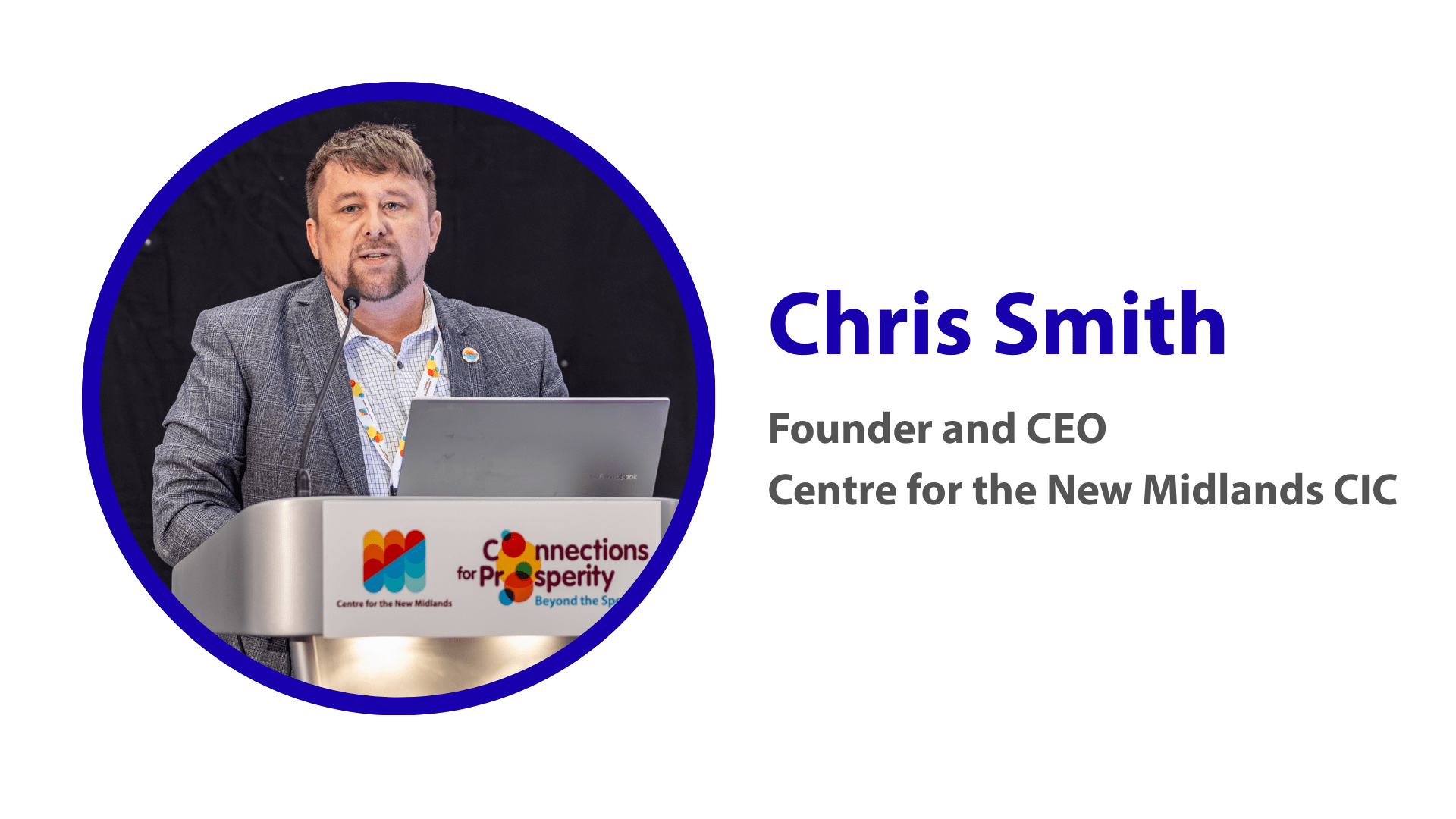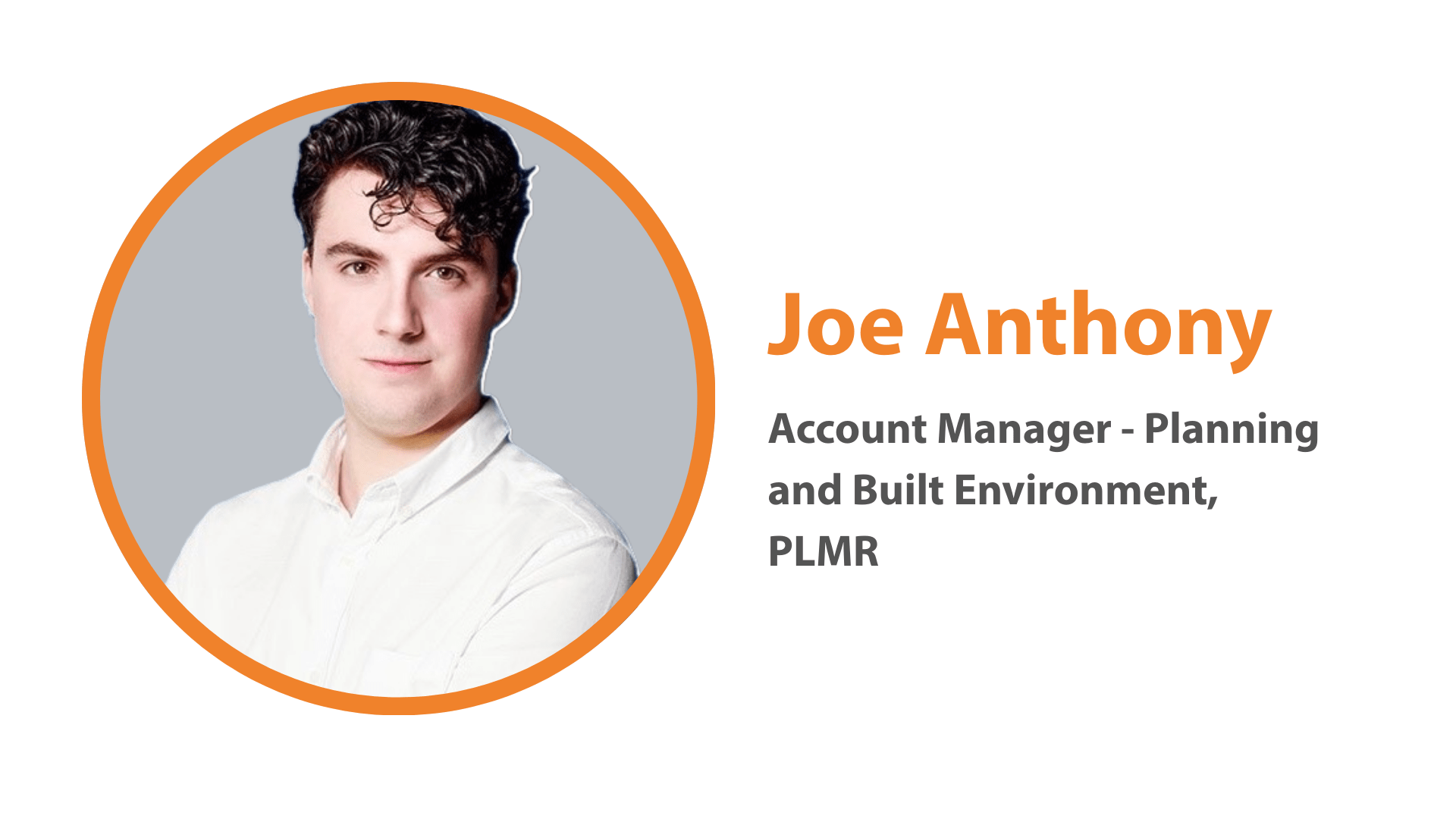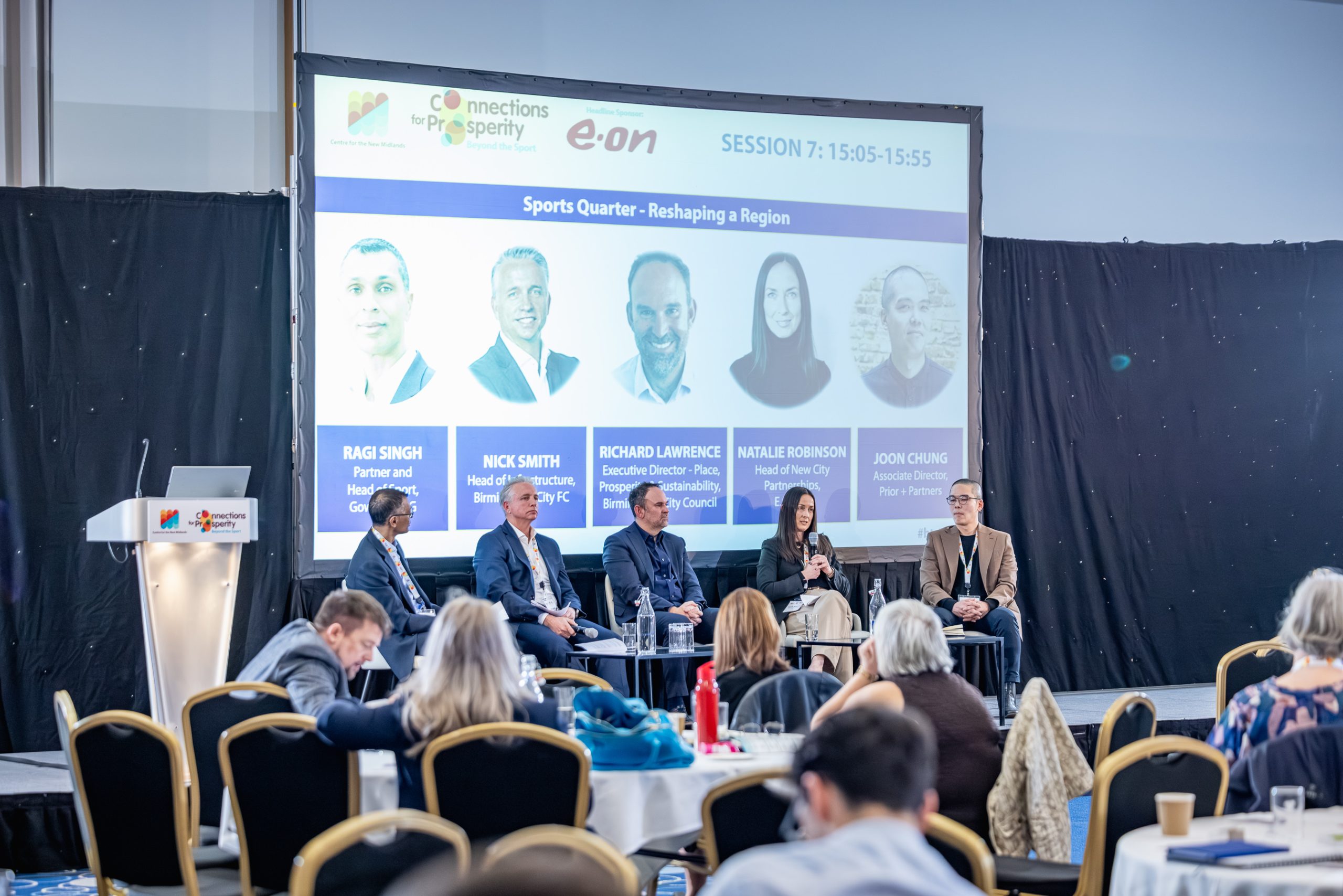In this article, John Rainford FRSA FTLS (Chief Imagination Officer at Learn with Leaders and Chief Innovation Officer for HHERF) provides some reflections on his recent participation in our Connections for Prosperity conference, held at Edgbaston Stadium on 17th July.
(July 2025)
Redefining Power: Ethical Leadership, Trust, and the Systems That Shape Us
When I was invited to speak at the Centre for the New Midlands’ recent Connections for Prosperity conference, on the topic of Ethical Leadership and Sustainability and specifically around rebuilding trust and confidence in our public institutions, I felt deeply honoured. But I also felt a responsibility: to challenge how we currently define power.
If we want to build ethical leadership that lasts, either in the public sector or the private sector and sustainability that means something, power itself must be redefined.
I recently had the privilege of working with a private company that wanted to evolve its culture to align more closely with public values and social aspirations. This was not about abandoning business goals – it was about reimagining success through the lens of service, accountability, and long-term trust.
There’s much both sectors can learn from each other. The private sector brings agility, innovation, and execution. The public sector offers legitimacy, responsibility, and long-term vision. In the 21st century, convergence is not optional – it’s imperative. True transformation happens when these domains collaborate, not compete.
Power: The Misunderstood Force
Much of our challenge and our language lies in how power manifests itself/
There’s a common misconception that the private sector is purely driven by profit and performance. But that’s no longer the whole story. Increasingly, smart leading corporations are seeking purpose, social value, and sustainability. They, too, with our help are re-evaluating what power is for.
We used AI in this project – not just as a tool, but as a mirror – to reflect how values, priorities, and biases show up in decision-making. And what we saw was clear: even systems designed for efficiency must learn to serve humanity.
Because power isn’t the enemy, unconscious power = driven by ego, control, and legacy structures, is.
The future won’t be shaped by those who merely take power. It will be shaped by those who transform it – who turn it into a force for stewardship, not status.
From Control to Clarity: A Systems Response
In response to a recent article on LinkedIn, I wrote:
“The answer isn’t to reject power – but to redesign the systems that determine how it’s accessed, expressed, and distributed. We need Systems Thinking that centres empathy, emotional intelligence, and collective purpose over ego and self-interest. Only then can power shift – from throne to trust, from dominance to responsibility.”
This shift starts with one system above all: education.
Not education that enforces conformity or memorisation. But education that cultivates self-awareness, adaptability, creative thinking, and clarity of purpose.
We must start asking a radically different question: What is power for, if not to serve humanity?
The Global Skills Crisis: A Systemic Wake-Up Call
We’re facing a quiet emergency, not just of skills, but of skills to harness systemic intelligence and AI.
- 75% of young people are off-track to gain employable skills (UNICEF)
- 40% of employers report they can’t find the right talent (WEF)
- 44% of all job skills will be disrupted by 2027 (WEF)
- UK education still prioritises memorisation over adaptability, creativity, or collaboration
- Emotional burnout, inequality, and disconnection are surging
- Entrepreneurs and scientists remain stuck in linear, outdated thinking
- Financial literacy, emotional health, and creativity remain marginal in core curricula
Systems Mastery: A New Operating Model for the Age of AI
We need a new kind of leadership and learning — a Systems Mastery model that combines:
- Emotional Intelligence
- Creative Thinking
- Strategic Adaptability To prepare individuals, institutions, and industries for a future shaped by AI, complexity, and interdependence.
There are signs of hope: Our work with Innovative public–private partnerships is already emerging in the Middle East, Brazil, and the Philippines, using AI not just to optimise, but to rethink systems thinking from the ground up.
The UK has the potential to lead — but only if it’s willing to unlearn fast enough to learn anew. There are promising shifts coming from London and Midlands universities – but the question remains:
Will we redefine power in time?
ABOUT OUR AUTHOR:
John Rainford FRSA FTLS: Chief Imagination Officer at Learn with Leaders and Chief Innovation Officer for HHERF is a strategic communications expert and Director of Values-Based Leadership. With a background in industry, government and media, John’s work examines the intersection of policy, transparency, and trust, offering a unique perspective on how sustainable governance must be rooted in open, ethical engagement.


